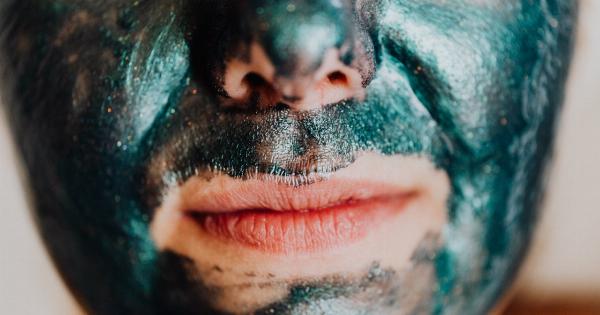Your skin is a delicate part of your body; it needs proper care and attention to maintain its health. The skin provides a barrier against the environment, regulating your body’s temperature and protecting you from harmful elements.
However, skin problems can arise from different types of activities or unhealthy lifestyle choices. Here are ten mistakes that can harm your skin and how to avoid them.
1. Skipping sunscreen
One of the most common mistakes people make is not applying sunscreen daily, even when it’s cloudy. Sunscreen helps protect your skin from harmful ultraviolet (UV) rays that cause sun damage, aging, and even skin cancer.
If you spend more than 20 minutes outdoors, you should apply sunscreen with an SPF of at least 30. Reapply every two hours, especially when engaging in water activities or sweating. Don’t forget to cover your lips with a lip balm that has SPF protection.
2. Picking at your acne
Acne is a common skin condition, but picking at your pimples can lead to scarring and infections. When you squeeze or pop your acne, you push bacteria and oil deeper into your skin, causing more severe breakouts.
Instead, try using over-the-counter acne treatments, such as benzoyl peroxide or salicylic acid, and apply a spot treatment as soon as you feel a pimple forming. Consult with a dermatologist if your acne persists or worsens.
3. Overexfoliating
Exfoliating helps remove dead skin cells and unclog pores, but overdoing it can damage your skin’s protective barrier. Overexfoliation can cause redness, irritation, and dryness and make your skin more susceptible to infection.
Use a gentle exfoliant once or twice a week, depending on your skin type, and be gentle when applying. Skip exfoliating altogether if you have inflamed or sensitive skin.
4. Sleeping with makeup on
Going to bed with your makeup on can clog your pores and lead to breakouts, dullness, and premature aging. Makeup left on the skin can mix with dirt and oil, creating a breeding ground for bacteria.
Use a gentle makeup remover to wipe off your makeup before cleansing your face. Make sure you also remove eye makeup with a separate remover or cleansing oil.
5. Using harsh products
Using harsh products can strip your skin of its natural oils, leaving it dry, flaky, and irritated. Avoid products that contain alcohol, fragrances, or preservatives, which can cause allergic reactions and irritate your skin.
Instead, look for gentle, non-comedogenic, and hypoallergenic products that suit your skin type and don’t contain harsh ingredients.
6. Not moisturizing enough
A common misconception is that those with oily skin don’t need to moisturize. However, failing to moisturize can cause your skin to overcompensate for the lack of hydration, leading to even more oiliness.
Moisturizing helps maintain your skin’s barrier function, keeping it smooth and supple. Use a moisturizer that suits your skin type, especially after showering or cleansing, when your skin is most hydrated. Don’t forget to moisturize your body as well.
7. Smoking
Smoking damages your skin from within, causing wrinkles, dullness, and premature aging. Smoking narrows your blood vessels and reduces the amount of oxygen and nutrients that reach your skin, leading to a loss of elasticity and collagen.
Smoking also increases your risk of developing skin cancer and delays the healing of other skin problems. Quitting smoking can help improve your skin’s health and appearance.
8. Not getting enough sleep
Lack of sleep can take a toll on your skin, causing dark circles, puffiness, and dullness. While you sleep, your skin repairs and regenerates itself, preventing signs of aging and improving your skin’s texture and tone.
Try to get at least 7-8 hours of sleep every night and establish a regular sleep schedule.
9. Neglecting your neck, chest, and hands
Many people concentrate on their face when it comes to skincare but forget that their neck, chest, and hands also need attention. These areas are prone to sun damage, fine lines, and dryness, making them look older than they should.
Apply sunscreen, moisturizer, and any other skincare products below your jawline and on your hands to keep them looking youthful.
10. Being stressed all the time
Chronic stress can cause your skin to be more prone to breakouts, redness, inflammation, and other skin problems. When your cortisol levels increase, it affects your skin’s oil production, hydration, and immune function.
Stress can also lead to poor sleep, which, as we have seen, also affects your skin. Practice stress-management techniques, such as yoga, meditation, breathing exercises, or getting a massage, to keep your skin and overall health in check.































